Do not tell Atif Aslam what to do
Singer responds to backlash about performing two days after his father’s passing on Independence Day concert

Atif Aslam does not feel the need to explain his decisions to the world. In a recent interview with journalist Faridoon Shahryar on YouTube show Connect Cine this week, the singer opened up about the backlash he received over performing just two days after his father’s death. In the same interview, he recalled his journey as an artist and acknowledged the love he has received from Bollywood.
“I heard people saying that my father passed away and I was still performing the next day,” he said. “They were trying to make their channel run at my expense, making commentary about if I should have gone or not.”
The singer’s father passed away in August and he shared a heartfelt tribute on Instagram. Requesting everyone to remember him and his family in their prayers, he posted a picture kissing his father on the cheek and wrote, “A final goodbye to my Iron Man. Rest in peace Abu jee.”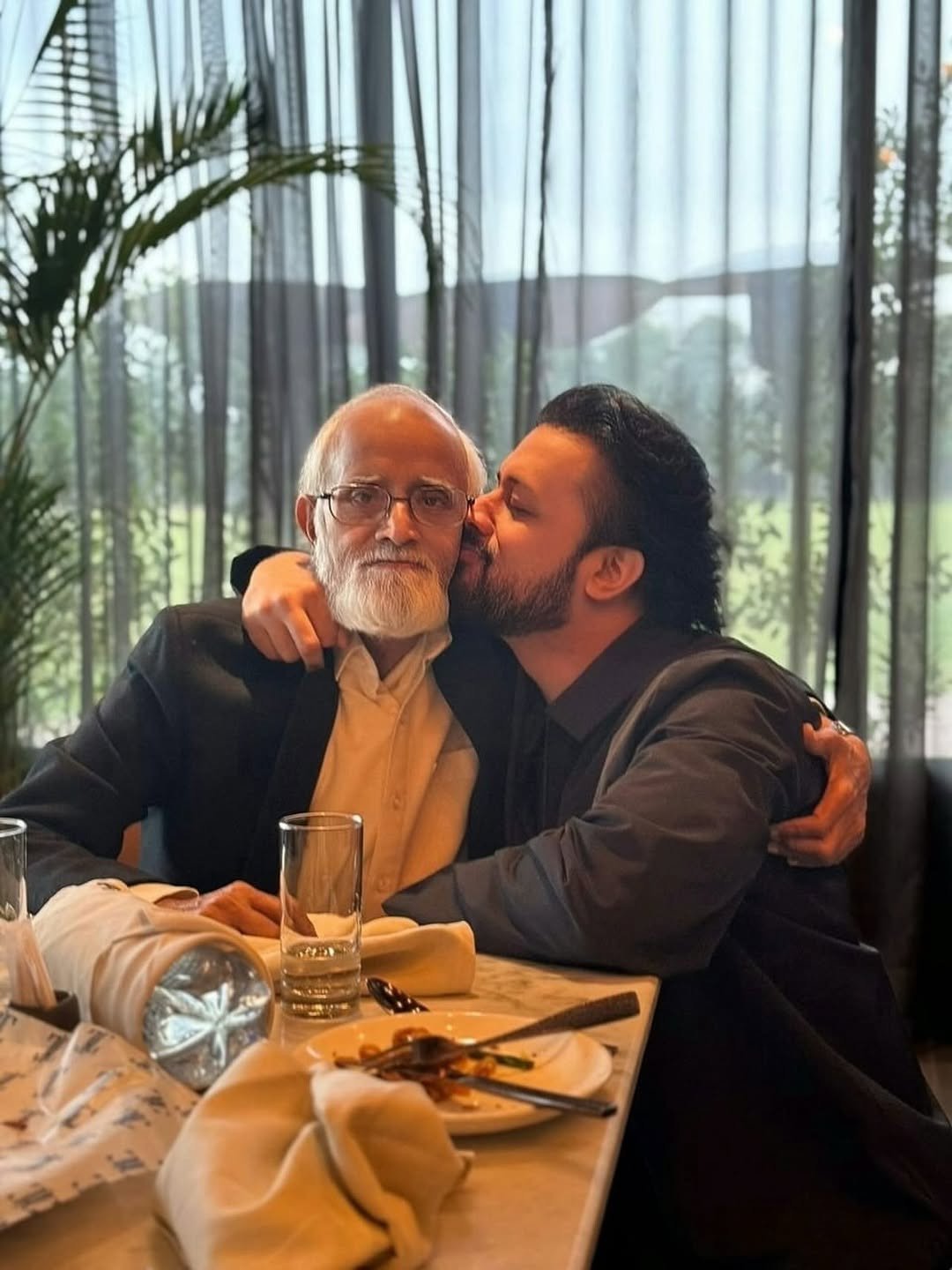
He took the stage at Karachi’s National Stadium for a packed Independence Day concert just two days after. Many praised his professionalism and ability to perform under personal loss. However, the singer received criticism for going ahead with the show despite the circumstances.
“Atif Aslam has enough influence to cancel any show if he truly wanted. This is not a sacrifice for Pakistan, it’s a choice and it’s clearly for money, not for the nation.” wrote one Instagram user, echoing the voice of many others. 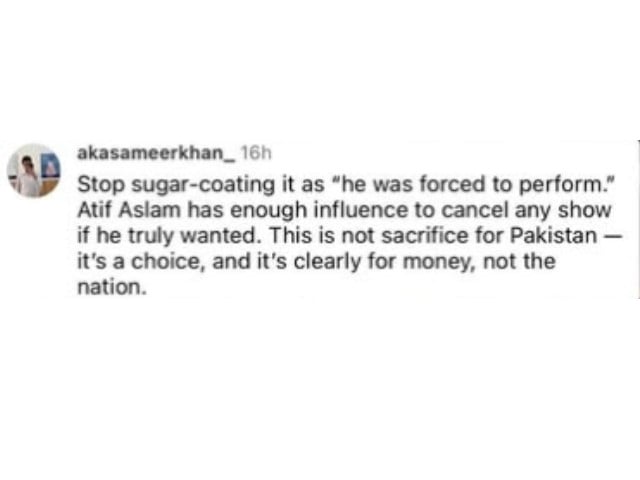
Responding to this backlash, Atif said in the interview, “My job is not to tell the haters not to do it. I can’t build a relationship with the whole world. I can't explain to each and every person what my circumstances were. My job is to make art. Like me for my art, hate me for my music. Don’t tell me what to do.”
The singer remembered the connection his father shared with his music. “I’ve never seen my father cry,” he said. “But when he heard me sing Taj Dar-e-Haram on Coke Studio for the first time, he cried. I remember The Sabri Brothers version of the qawwali used to play on TV at 7am and then at 12pm and he would make us all watch it. I didn’t understand it at that time. Later on, I realised what it is and the kind of connection he shared with it.”
With classic Pakistani songs like Meri Kahani, Hum Kis Gali Ja Rahe and Hona Tha Pyar, the Dil Diyan Gallan singer made sure to acknowledge his influence in Bollywood too. “I miss Bollywood,” he said. “It has been eight to ten years since I last worked there. I miss performing there, I miss being in the studio, I miss my friends, the music composers. I’m really happy that the industry has come a long way and I’m happy to see it thriving.”
Atif feels immense gratitude for the love he has received from their fraternity. “If I talk about Pakistan, we don’t have many stars,” he said. “Our industry is not as big as Bollywood. But out of the few there are, God chose me and made me shine in the big jungle that is Bollywood. I can’t thank Him enough.”
He reflected on his journey as a musician too. “You need to be a rebel to be an artist,” he said. “You should know your strengths and weaknesses. You need to keep working on them. I am a stage animal, not a studio artist. When I go on stage, I forget what is happening in the world.”
Crediting his father as his source of inspiration, the singer said, “A person who has lost his father is not afraid of losing anything else. That’s where the rebel in me comes from.”



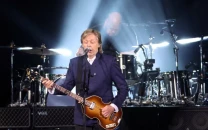
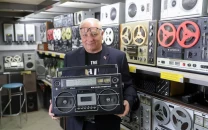

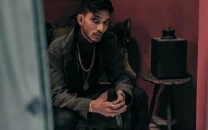












COMMENTS (1)
Comments are moderated and generally will be posted if they are on-topic and not abusive.
For more information, please see our Comments FAQ